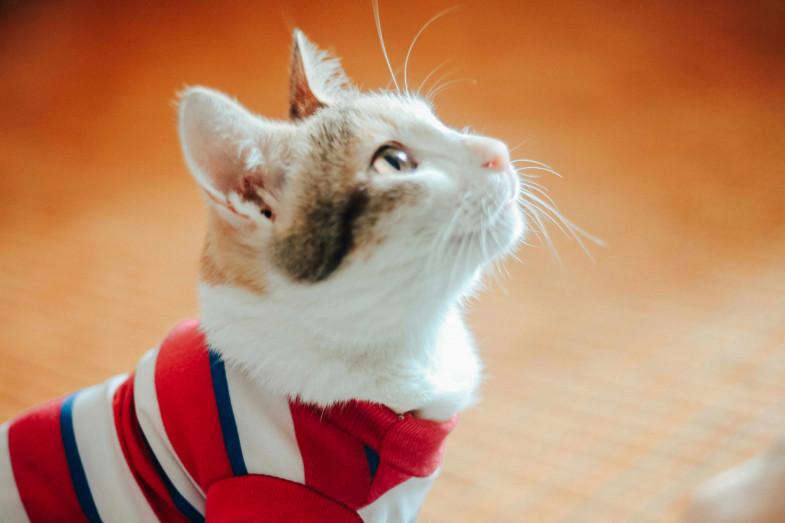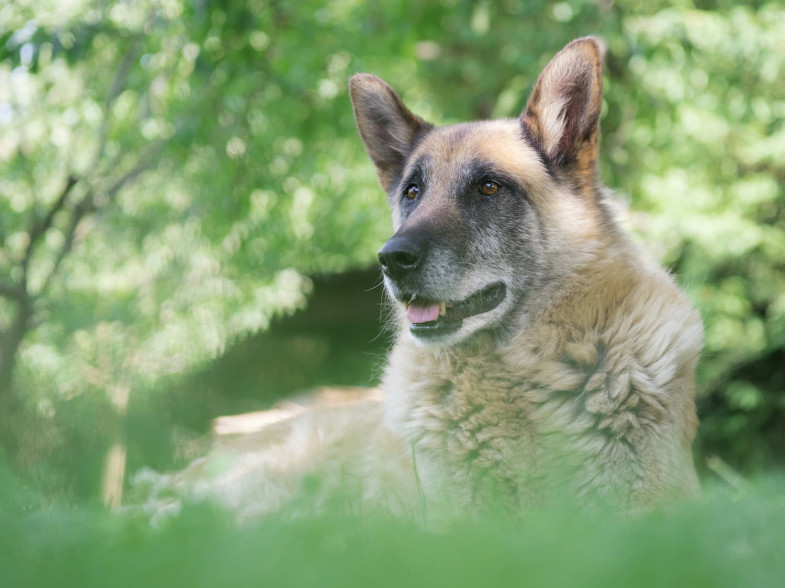Magnolia Veterinary Hospital News
Keeping Cool: Essential Tips to Keep Your Pets Safe in the Summer Heat

As we enter into summer, the temperatures begin to rise, and it is more important than ever to keep in mind how the heat can impact your pets. Heat exhaustion and heat stroke are both potentially fatal conditions for your pets and, as a pet owner, it is crucial to recognize the signs and take steps to prevent them.
Recognizing Signs of Heat Exhaustion or Heat Stroke
To keep your pets safe, learn to identify the signs of heat exhaustion or heat stroke. If you notice any of these symptoms, quickly move your pet to a cooler area with water and seek veterinary care right away. In severe cases, heat exhaustion or heat stroke can cause organ failure or even be fatal.
- Excessive panting
- Dry or tacky gums
- Lethargy
- Lack of appetite
- Vomiting or diarrhea
The Importance of Hydration
Ensure that your pet is provided with easy access to fresh drinking water. As a rule of thumb, make sure that water is accessible wherever your pet may be spending time, whether that be indoors or outdoors.
Reminder to Not Leave Pets in Cars
Leaving your pet in a parked car, even for a few minutes, can be incredibly dangerous and potentially fatal. The temperature inside a car can exceed 120 degrees Fahrenheit in a matter of minutes, especially when parked in direct sunlight. Pets left in cars can rapidly overheat and die of heatstroke. When running errands, it is best to leave your pets at home or have another person stay in the car with them with the air conditioning on.
Being Mindful of Hot Pavement and Walking in Humid Conditions
The pavement can get incredibly hot during summer days, and your pet’s sensitive paws are susceptible to burns. To test if the pavement is too hot for your pet, place the back of your hand on the pavement for five seconds. If it is too hot for your skin, it is too hot for your pet’s paws. Additionally, walking your pet in high humidity can also be dangerous. The moisture in the air makes it difficult for dogs and cats to pant, which is their primary way of cooling themselves down. Try to limit physical activity to early morning or late evening when it is cooler.
For pets that are brachycephalic, or have shorter, flatter faces, caution must be taken as they are more prone to heat exhaustion and heat stroke. These breeds have a harder time panting efficiently, making them even more susceptible to hot temperatures.
Cooling off with a Swim? Don't Forget the Life Jacket!
If you are looking for a way to cool off and take a dip in the pool or lake with your pet, be sure to use a life jacket for them just as you would with a child. This will help protect your pet from drowning, as not all pets are natural swimmers.
As the temperature rises, remember to take the necessary precautions to keep your pets safe from the heat. By taking these simple steps, you and your furry friends can enjoy a happy, healthy, and safe summer together.
Categories
Recent Posts

When was the last time your pet saw the veterinarian for a checkup, not because they were sick, but just to stay healthy? Preventive care is one of the most important ways to give your pet a longer, happier life. It’s not about doing one big thing. It’s about the small, consistent steps that help avoid bigger health problems later on.

The holidays are full of sparkle, laughter, travel, and to-do lists a mile long. As joyful as this season can be, it often means busier schedules and less time for everyday routines. In the middle of the holiday rush, it's easy to overlook one very important family member: your pet.

If you're lucky enough to have a senior pet, you know just how special that bond becomes over time. From cozy afternoons on the couch to the look in their eyes that says, "I've known you forever," there’s a deep and quiet understanding between you. As pets get older, though, their needs change. Aging isn’t a disease, but it does require us to adapt how we care for our beloved companions.